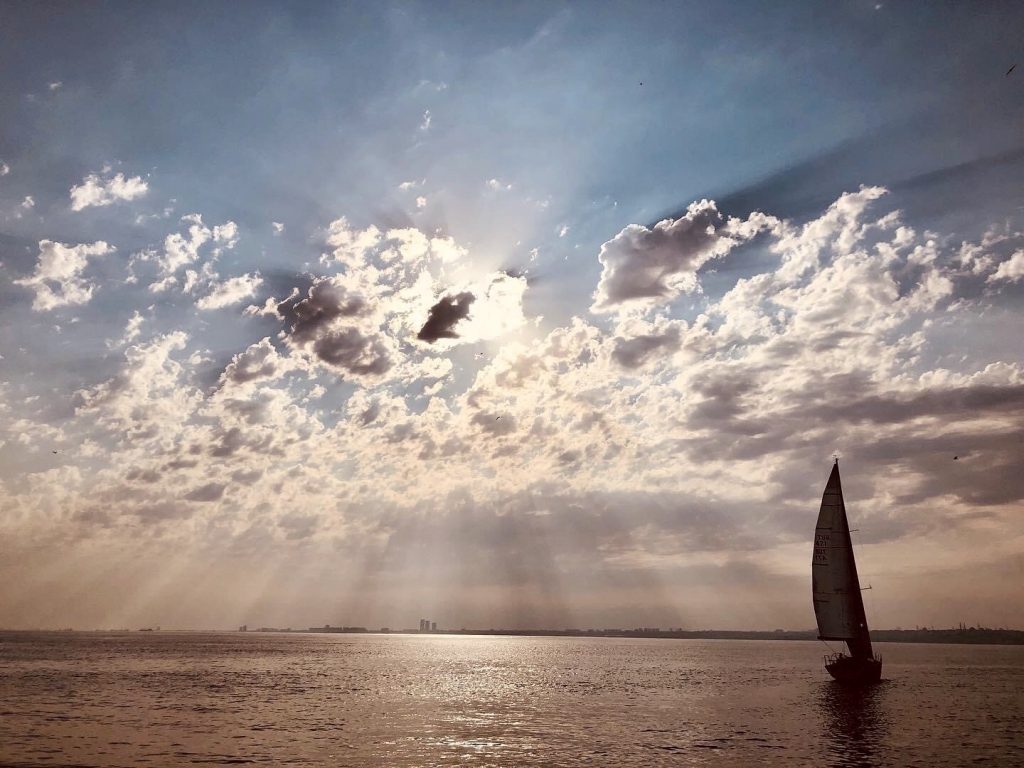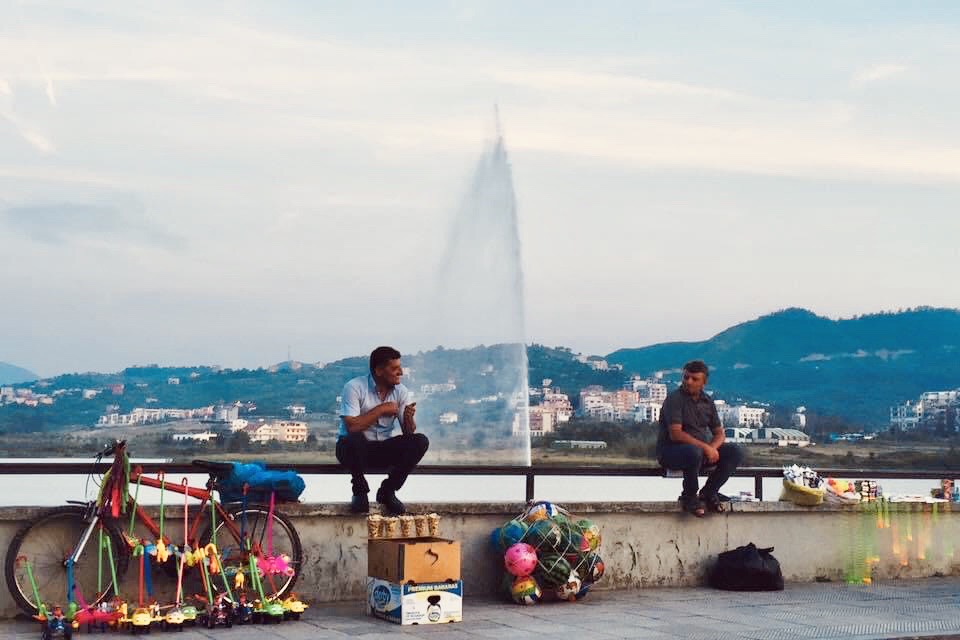When it comes to travel, the questions, ‘why?’ and ‘how?’ are often far more meaningful than, ‘where?’ Two people may go on the same trip or live abroad in the same country and yet, because of their divergent attitudes and underlying motivations, may have completely different experiences.
One may, for example, regard the entire venture through the lens of their hometown or country, comparing every facet of life encountered in the new place to that of their reality, ‘back home.’ ‘Why,’ such people ask, ‘are things here done that way, when they could (and, so goes the implication, should) be done this way?’ Clinging to their familiar paradigm and frustrated by the disparity, they miss the crucial point that travel is supposed to be an exposure to this very contrast. Visiting or choosing to live in a new place only to criticize its people and customs in condescending comparison, is a sad waste of what could be a profoundly expansive experience.

Alternatively, one can embark upon their journey with the awareness that, whatever they may have assumed, heard, read or seen in a film, they essentially know nothing about their destination. Setting off in wonder, they may encounter the new culture with openness and immediacy, absorbing its sensory offerings and learning, without judgement, from its unique spirit. If they can truly get outside of themselves for awhile, they’ll be able to see the various ways in which people from drastically different backgrounds, on all sides of the globe, thrive. There are, it becomes quite clear, many equally viable means by which to live and be.
After one has done their best to fully embrace a new place, and has preferably spent awhile trying to assimilate, they can then take a step back and decide which elements of the culture they find vital and enriching and which they may find detrimental or unappealing. Every country, like every individual, is composed of a complex mixture of ‘good’ and ‘bad’ characteristics and inclinations—its cuisine may be exemplary while its arts are lacking, its present social order may be one of justice and equality while its history is marred in violent exploitation. And of course, each traveler has their own personal tastes and tendencies—while some are drawn to the rigid structure and organization of certain states, others are more compelled by a bit of daily chaos. In travel, thankfully, you can keep what you’d like and discard the rest.

Even in the case of a week-long trip to a new country, there are so many different ways in which it may unfold. One may, for instance, meticulously plan their trip—from the transport and lodging to every touristic site, restaurant, museum and café—they may upon their arrival already have each instant of each day mapped out. This approach, while assuring that they’ll hit all of the main attractions from the guidebook, stifles any chance of spontaneity; one might as well take a virtual tour from the comfort of their own home. It’s only natural to want to see the iconic sites of a new city, but just as important to wander the streets aimlessly and to simply sit in a café and observe the subtle intricacies of daily local life.
While excessive planning may limit some of the potential pitfalls of travel, a risk-free trip risks being a lifeless one, too. The most poignant moments on the road are often those when an unexpected obstacle or fear is encountered and overcome. When every aspect of a journey goes perfectly well, however pleasurable and photo-friendly it may be, we don’t gain a whole lot. It’s interesting that we ‘share’ only the most beautifully polished (and often contrived) moments of our trips, while the more significant (though perhaps unsightly) experiences go unmentioned. We forget, it seems, that we learn and grow through trial. To be tested—fatigue, miscommunication, lost-luggage, loneliness, disagreement and disillusionment—and yet to persevere; to willingly throw yourself into the unknown so as to see how (and as whom) you emerge—this is one of the deeper meanings of travel.

Travel is in many ways a condensed and intensified metaphor for life. We needn’t actually go to a far-off place in order to learn and grow. Being constantly on the move—falsely equating the freedom of the open road with liberation from our restless minds—can in fact be a form of escapism. We eventually learn that, along with our passports and backpacks, our flawed and imperfect selves come with us wherever we go. No matter how remote the beach or how high the mountaintop, our same doubts and insecurities remain present within us. The essential thing is to encounter and try to overcome our fears, while at the same time transcending ourselves through the expansion of consciousness. By placing us in a completely new environment, travel is a sudden and extreme way of doing this; but there are many other paths within our immediate reach, which emerge when we are open to them—it’s just a matter of taking the leap.
Images courtesy of the author.
This article was originally published on October 30, 2020, by Ryan Brennan.









